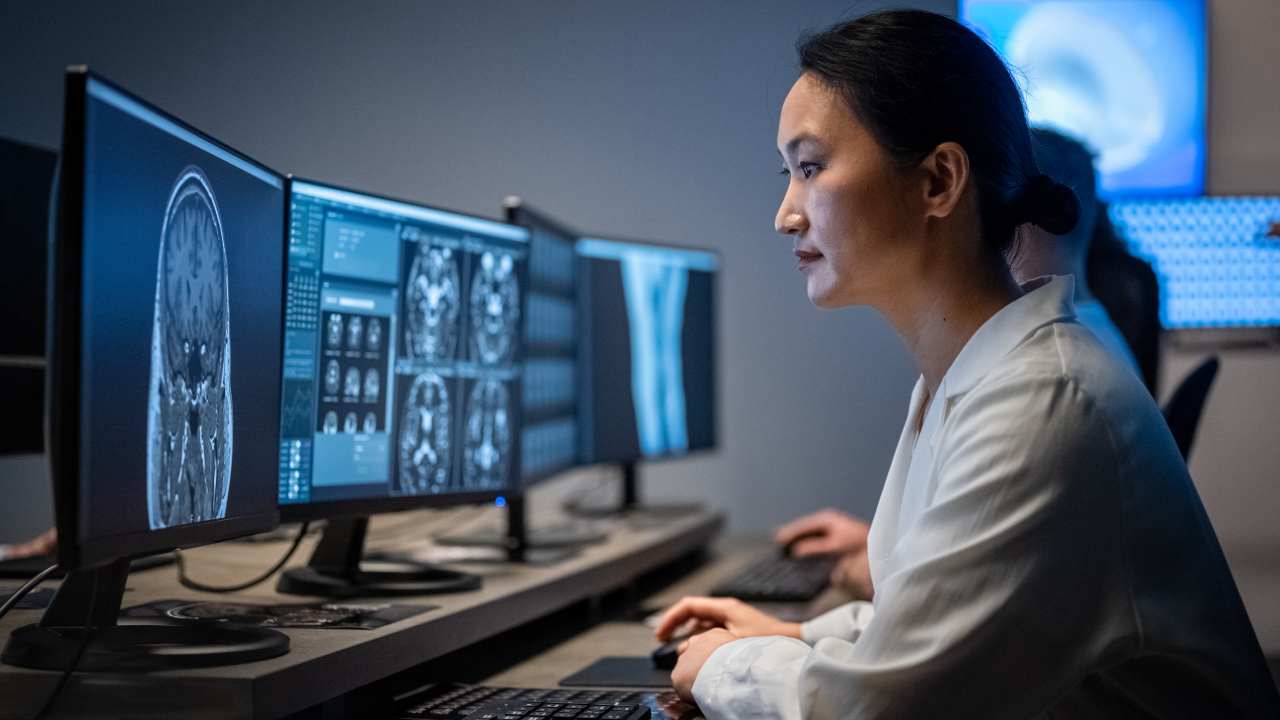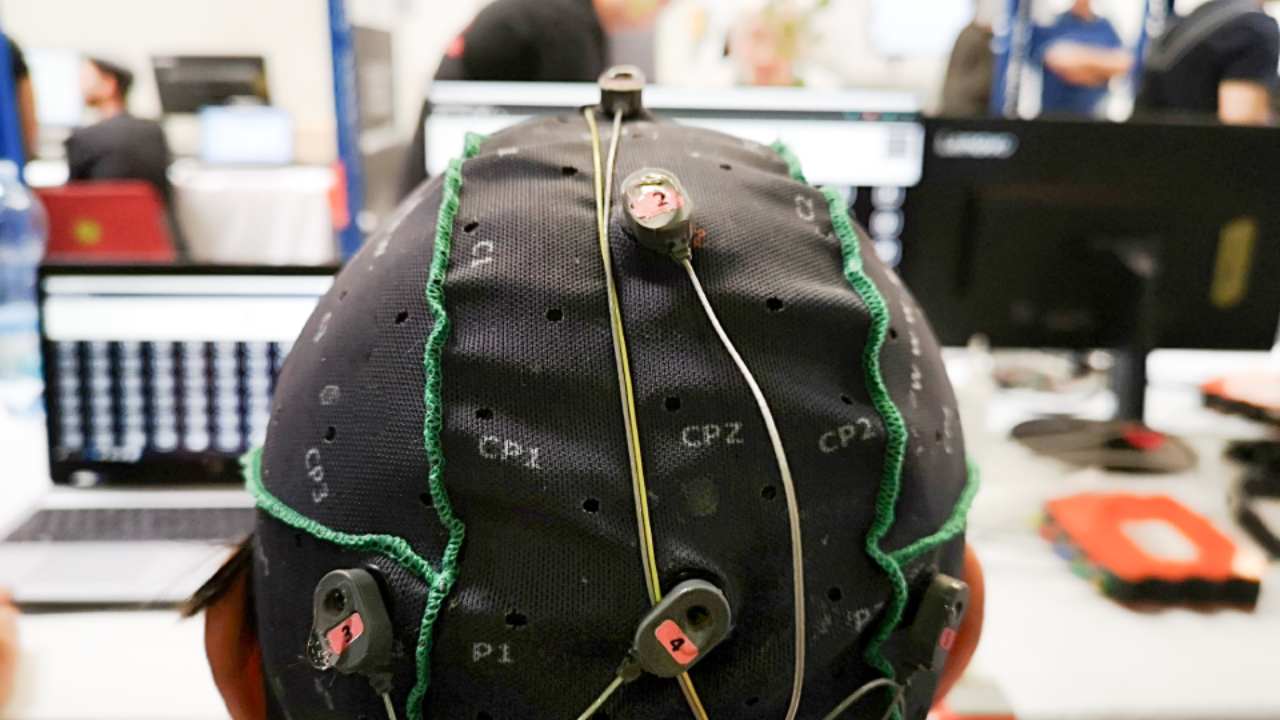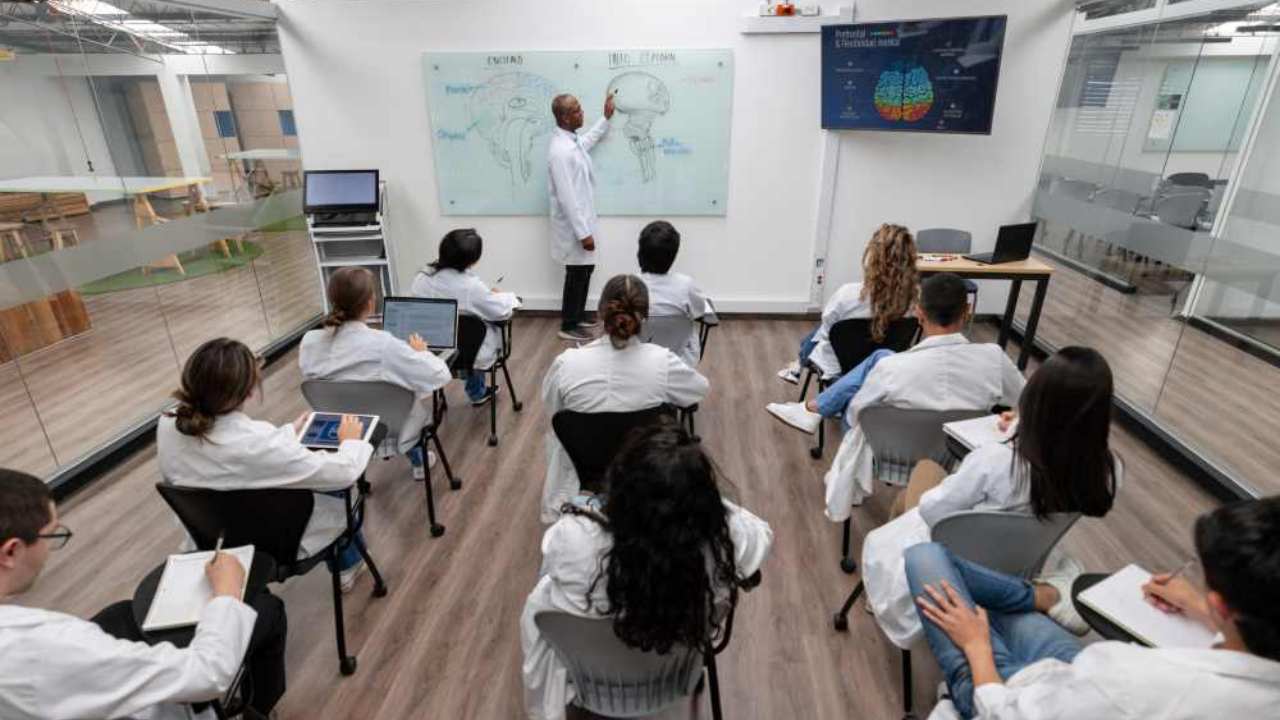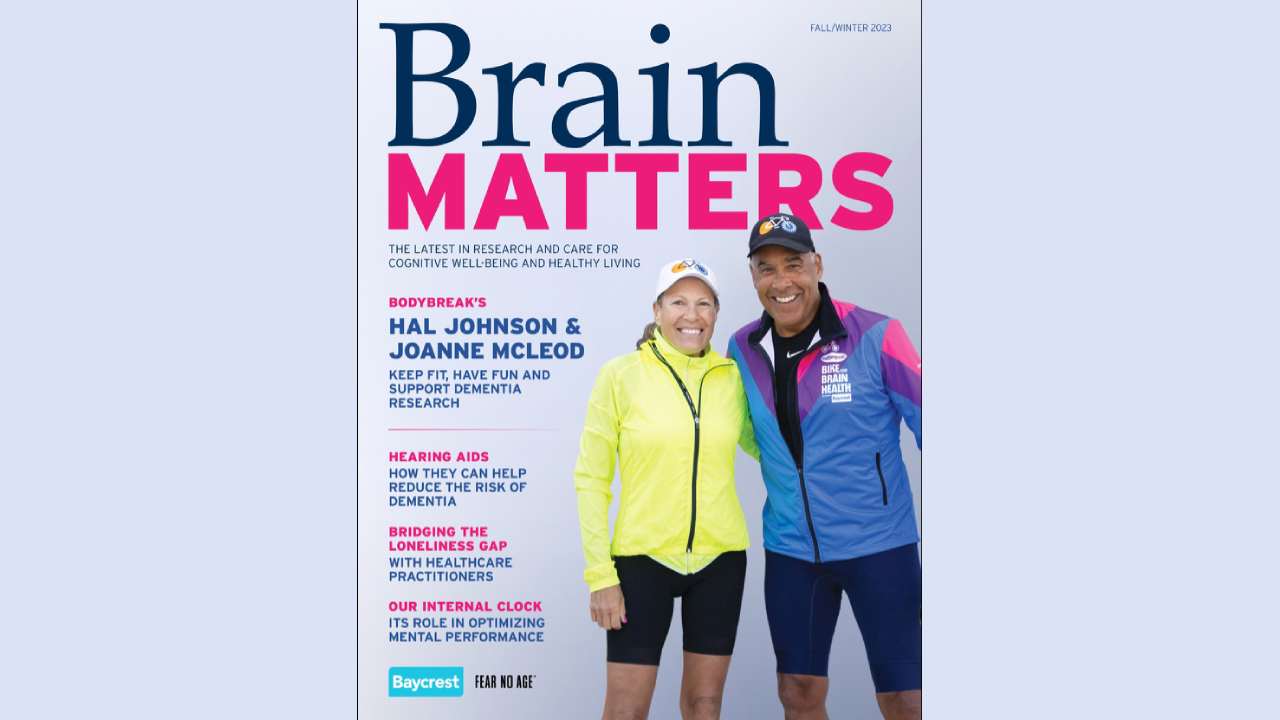
As we get older, it’s common to experience difficulty understanding speech, especially in noisy places like busy restaurants or crowded gatherings. This happens in part because the brain has to work harder to process sound, and that extra effort can make listening more tiring and less effective. But new research from Baycrest’s Rotman Research Institute, in partnership with the Chinese Academy of Sciences, has found that people who have trained in music for many years may be better protected from this kind of decline. Their brains stay more efficient as they age, allowing them to hear and understand speech more clearly, even in challenging situations.
What the Study Looked At
The study, published in PLOS Biology on July 15, 2025, was led by Dr. Claude Alain at Baycrest and Dr. Yi Du in China. It focused on how long-term musical training might support healthy brain aging. Researchers studied three groups of people: older adults with musical training, older adults without musical training, and young adults without musical training. Each participant was asked to listen to speech sounds that were difficult to hear because they were buried in background noise. While they did this, researchers used brain scans (fMRI) to see which parts of their brains were active and how different brain areas worked together during the task.
What They Found
The study revealed some key differences between the groups. Older adults who were not musicians showed the usual age-related pattern: their brains had to work harder, using extra brain connections to try to make sense of the noisy speech. This is a common response to aging, when certain brain areas become less efficient, the brain “recruits” more areas to help. Older musicians, on the other hand, didn’t need to rely on these extra brain pathways. Instead, their brain activity looked more like that of young adults. Their brains were more focused and efficient, using fewer resources to achieve better results. The results suggest that musical training may help keep the brain “tuned” over time, supporting faster and clearer processing of sound.
Why This Matters
This research supports the idea of “cognitive reserve,” a kind of mental backup system built up through life experiences like education, learning new languages, physical activity, and in this case, music. When you have a strong cognitive reserve, your brain is better able to handle the effects of aging or even illness. Rather than just compensating for problems as they appear, your brain is able to resist or delay them because it’s stronger and more flexible to begin with.
Dr. Claude Alain explains: “Our findings show that musical training supports brain efficiency and could help older adults stay mentally sharp, especially in situations that require careful listening.”
What Makes Music So Powerful for the Brain?
Playing music is one of the most complex activities we can do. It combines hearing, movement, memory, attention, and emotion. That combination seems to offer strong, lasting benefits for the brain, especially when the activity is sustained over many years.
Dr. Yi Du adds: “Just like a well-tuned instrument doesn’t need to be played louder to be heard, the brains of older musicians stay finely tuned thanks to years of training.”
Next Steps in Research
The researchers hope to study other brain functions in future work, such as memory and attention, and explore how different types of life experiences, like regular exercise or speaking multiple languages, might also build cognitive reserve. This work contributes to Baycrest’s larger mission to help people age with health, purpose, and dignity by identifying strategies that support brain function well into later life.
The Good News is, It’s Never too Late to Start
The findings offer a hopeful message: engaging in meaningful activities like music can have long-term benefits for the brain. Whether you’ve played an instrument for years or are just thinking about learning one, music may be one of the most enjoyable ways to keep your brain strong as you age.
Related Articles: News & Media, Brain Matters, Research









